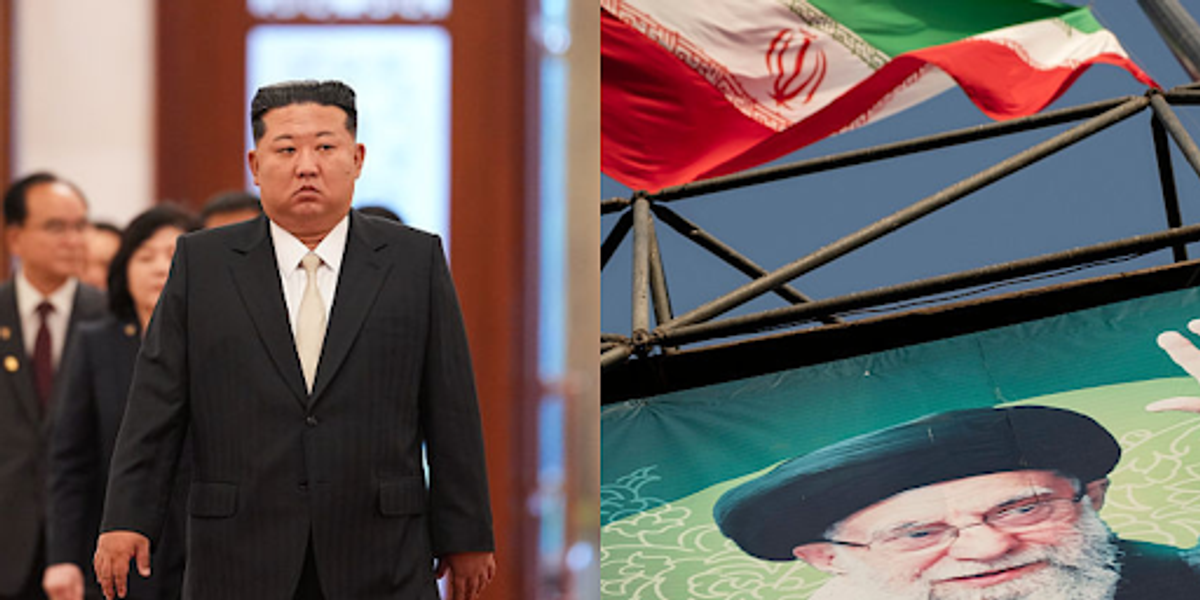China has announced a series of measures against Japan as the two countries engage in a tense standoff over Taiwan, a self-ruled island that Beijing sees as a Chinese province.
The spat erupted on November 7, when Japanese Prime Minister Sanae Takaichi said a Chinese military attack on Taiwan could constitute a “survival-threatening situation” for Japan, potentially allowing Tokyo to exercise its legal right to collective self-defense.
Beijing bristled at the remarks and lodged an official protest. The bigger issue, however, turned out to be an online post of Xue Jian, China’s consul general in Japan’s Osaka, which criticized Takaichi’s comments by saying it was “a path of death that only some stupid politicians in Japan would choose.”
In what could be seen as a threat to the Japanese prime minister, the Chinese diplomat said that “we just need to chop off their dirty heads.” The post has since been deleted.
In turn, Tokyo called Xue Jian’s comment “extremely inappropriate,” and several Japanese politicians called for Xue’s expulsion.
The ties remained strained even after Japan sent a Foreign Ministry official to China earlier this week in an apparent effort to tamp down the dispute.
China tells citizens to avoid traveling to Japan
Amid rising tensions, Beijing warned that Tokyo would face a “crushing” military defeat if it intervened in a Taiwan conflict and expressed “serious concerns” about Japan’s security posture.
China also launched an eight-day live-fire drill in the Yellow Sea this week. Meanwhile, Chinese coast guard vessels continued patrolling around the disputed Diaoyu Islands, known in Japan as the Senkaku Islands.
On Wednesday, China notified Japan that it would suspend imports of Japanese seafood, and Chinese authorities have urged citizens not to travel or study in Japan. Tokyo officials, in turn, advised their nationals in China to remain cautious.
William Yang, a senior Northeast Asia analyst at the International Crisis Group think tank, told DW that Japanese Prime Minister Takaichi was “probably somewhat surprised” that remarks she made in parliament would trigger such a tightly coordinated response from Beijing.
But most of the tools used by Beijing in the current dispute, such as putting pressure on Japanese tourism and increasing naval patrols, are “not new,” he added.
“I don’t see this response as an overreaction at any level — it’s more of a calibrated, familiar push,” Yang told DW.
Venting anger in China
Meanwhile, posts backing the government’s strong countermeasures against Japan filled Weibo, China’s major microblogging platform.
Experts say it indicates that China’s strong reactions are also likely intended to stoke patriotic public sentiment and create an image of national unity at home.
Lim Chuan-tiong, an Asia Studies research fellow at the University of Tokyo, told DW: “This episode, in a way, also serves to ease some of the domestic tensions that have built up amid the economic slowdown (in China).”
How far will the escalation go?
While Taiwan remains one of the most sensitive issues to China, Lim points out this is the first time the dispute over the island has “come to the forefront” of the China-Japan relations.
Fukuda Madoka, a professor at the Faculty of Law at Hosei University in Japan, told DW that China’s primary aim is to restrain the Takaichi government “from actively intervening in Taiwan affairs in the future.”
But Lim noted that, based on historical experience, flare-ups between China and Japan tend to subside ultimately.
“Beijing’s aim is to give Japan a lesson, but it will eventually pull back and return to dialogue,” he told DW. “It simply cannot avoid engaging with a neighboring country forever.”
Looking ahead, Lim said the trajectory of the relationship is unlikely to be mediated by the United States or any other third party.
“In the short term, Japan will likely need to take visible steps to cool things down, because it’s clear that Beijing is maintaining a posture of continued escalation,” Yang told DW.
But he added that Japan’s Takaichi will find herself in a dilemma, as making concessions too easily could undermine her long-term political standing at home.
How did Taipei respond?
As Beijing and Tokyo traded barbs, Taiwanese President Lai Ching-te said on Monday that China’s “multifaceted attack” on Japan had dealt a serious blow to peace and stability in the Indo-Pacific.
He urged the international community to stay alert and called on China to show restraint and “demonstrate the conduct befitting a major power,” rather than becoming a “troublemaker” in the region.
But analysts say Taiwan would be better off keeping its distance from the tension.
Lim, the researcher at the University of Tokyo, said it is “not the right moment” for Taiwan to step into the dispute and that a low-key approach is needed to avoid further escalation.
Fukuda, the professor at Hosei University, echoed that view.
“What China is wary of is Japan supporting Taiwanese independence,” she said, adding that Beijing will likely become more sensitive to Japan-Taiwan ties.
“If the Taiwanese government wants to take a strategic approach, it should sit still in responding to the China-Japan tensions,” Fukuda said.
Chung-Lan Cheng, DW’s correspondent based in Japan, contributed to the article.
Edited by: Darko Janjevic








